When in Doubt, Stay Out!
When in Doubt, Stay Out!
When in doubt, stay out! During the warm summer months, we may see our lakes and rivers looking more like pea soup or having discolored water. This could be from blue-green algae. Langlade County Health Department wants to remind everyone to watch out for blue-green algae blooms.
“Every year we get reports of possible algal blooms in Langlade County,” says Meghan Williams, Health Officer, Langlade County Health Department. “We want to make sure everyone is aware and taking safety measure to keep themselves, their family, and pets safe.”
Contact with algae blooms may cause the following: sore throat, runny nose, cough, difficulty breathing, itchy eyes, itchy skin, red skin, hives, earache, headache, stomach pain, and vomiting. Since it is very hard to tell whether algal blooms are dangerous without testing the water, the safest thing to do is to treat every algal bloom as though it could be dangerous. Following these simple “Do’s and Don’ts” can help ensure safety.
DO:
Rinse yourself and your pet immediately if there is contact with an algal bloom.
Look for beach posting and water quality notices before swimming.
Get medical treatment right away if you think you, your family, pet or livestock might have been poisoned by algal toxins.
DON’T:
Swim, water ski or boat in areas where the water is discolored or where you see foam, scum, or mats of algae.
Let pets or livestock swim or drink in areas where the water is discolored or where you see foam, scum or mats or algae.
Let pets lick off algae.
Animals can become sick from blue-green algae blooms. If you animal has been exposed, rinse them off immediately. If you pet displays symptoms such as seizures, vomiting, or diarrhea after contact with water, contact your veterinarian immediately.
If you think you are experiencing symptoms related to exposure, contact your doctor or the Poison Information Hotline at 800-222-1222.
For more information regarding blue-green algae, visit the WI Department of Health Services website at: https://www.dhs.wisconsin.gov/water/bg-algae/index.htm or contact the Langlade County Health Department at 715-627-6250.
###END##
